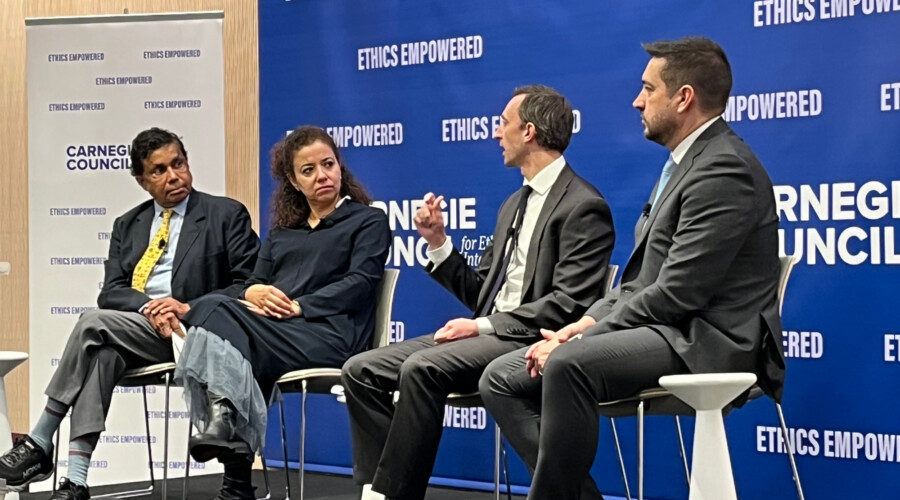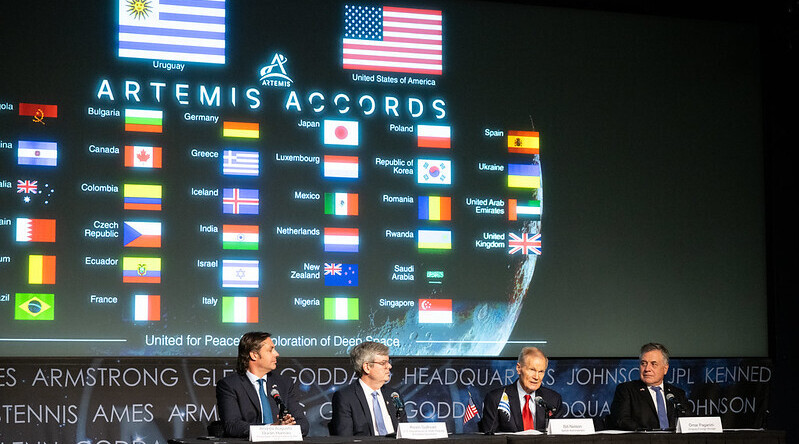The Chinese economy and defense budget have grown at an enormous rate over the past five years. Do you think that this will lead to global confrontation? Or will China have a "peaceful rise"? Could there be a third way that blends competition and cooperation?
For instance, from 2005 to 2010 the US economy grew by 5 percent and China's by 69 percent. Defense budgets grew by 36 percent and nearly 600 percent.
The implications often lead analysts to favor confrontation, accommodation, or an awkward blend of both.
Regarding confrontation, some see the rise of China as analogous to the rise of Germany before WWI. In this vision, China is a revisionist power undermining the global status quo, bent on resuming a rightful place in the sun after 150 years of denial, assertive in military security, and pursuing a mercantile, beggar-thy-neighbor economic strategy.
Favoring accommodation, China has used the term "peaceful rise," and now talks about developing a "harmonious world" abroad. Here, China willingly engages in global institutions, cooperates on issues like terrorism and nuclear proliferation, plays a responsible role in global economic discussions, and resists flaunting its increasing military might.
Blending both effectively is tricky and often unsatisfying; since it gives the impression of directionless expediency.
Kevin Rudd, Australia's foreign minister and a China specialist, offers a 'third way,' "...committing ourselves to further developing...areas of common agreement while not springing back from real differences where they exist." He believes it is possible to develop "the type of candid relationship where you have true friendship."
What do you think? Must you choose accommodation or confrontation? Can you blend them depending on the issue or circumstance? Has Rudd hit on a genuine third alternative?
By William Vocke
For more information see:
Kevin Rudd, "Australian
Foreign Policy and the Asia Pacific Century," Brookings Institution,
speech, Washington, DC, May 3, 2011.
Pete Souza
Hugi Olafsson
Colin J
Pete Souza
Pete Souza
McMaster Institute for Sustainable Development in Commerce
Pete Souza
U.S. Department of State
Pete Souza
Samantha Appleton


